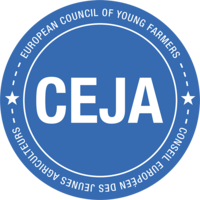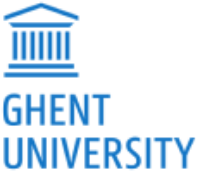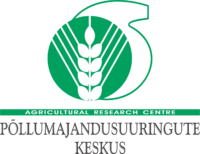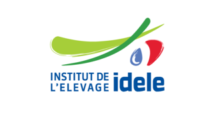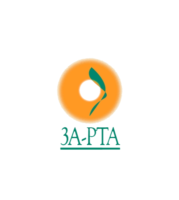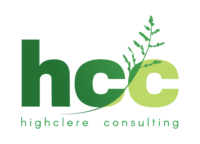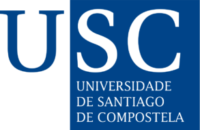Organising effective online workshops for EU projects
In Horizon 2020 multi-actor projects such as EUREKA (www.h2020eureka.eu) workshops are important for gaining input from end users, as well as communicating and disseminating the knowledge that is built in the project. Physical face-to-face project workshops are moving online because of increased concern about the impact of international travel, as well as restrictions on human movement due to COVID–19. But what are the advantages of online workshops, what does a good workshop look like and what aspects are critical to its success?















